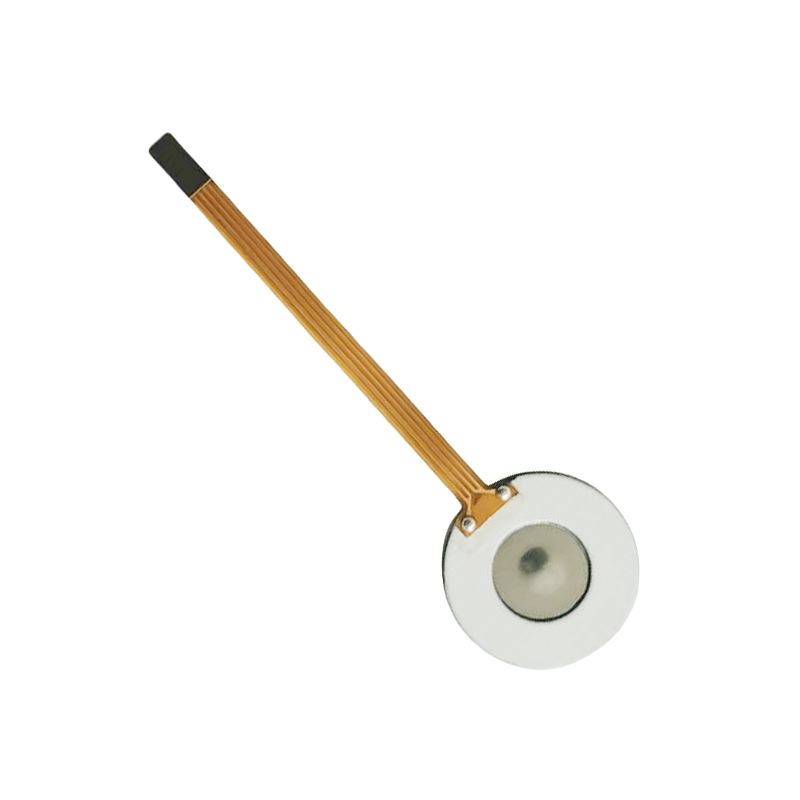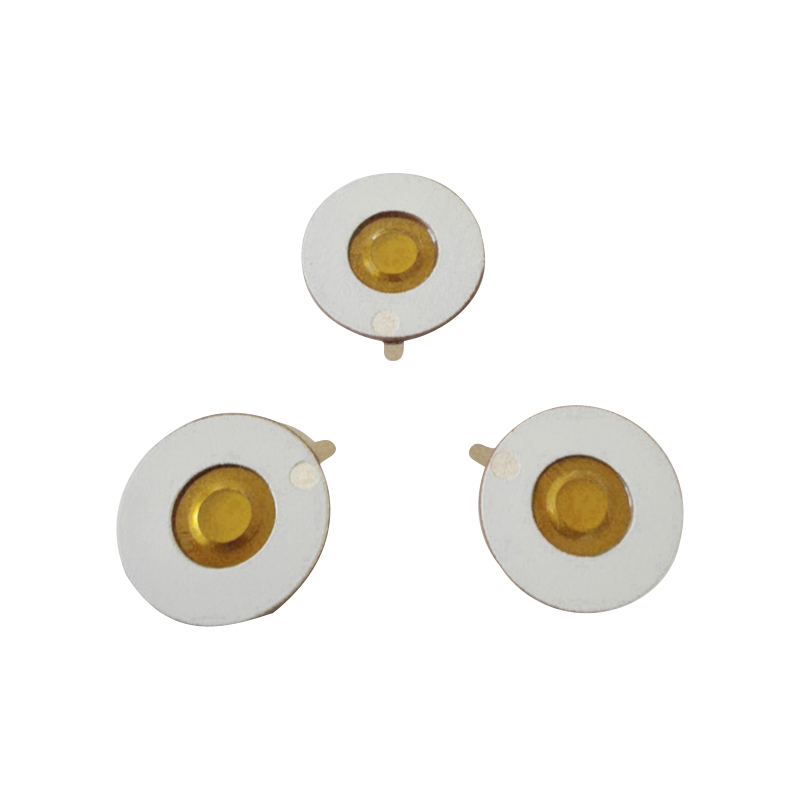What is a mesh nebulizer chip?
A mesh nebulizer chip is a technology that uses a miniaturized mesh structure to convert drug solutions into aerosols. These chips vibrate at high speed to pass drug liquids through tiny holes, producing fine mist particles that facilitate the patient's direct delivery of drugs to the lungs through inhalation. Compared with traditional spray nebulizers, mesh nebulizer chips have significantly improved accuracy, convenience, and efficiency.
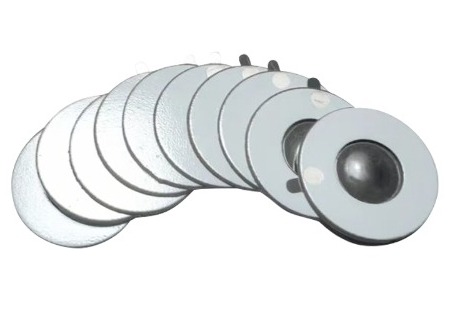
Improve portability and comfort
A significant advantage of mesh nebulizer chips is their portability. Traditional nebulizer devices are usually large in size and require external power and gas sources, so patients can only receive treatment in a fixed environment. The emergence of mesh nebulizer chips allows the device to be miniaturized and easy for patients to carry with them, whether at home, at work, or when traveling. Its compact design and light weight allow users to easily put the device in their pockets or bags, greatly improving the flexibility and comfort of use.
Efficient drug delivery
The mesh nebulizer chip can generate extremely fine mist particles, usually between 1 and 5 microns in size, which allows the drug to penetrate deeper into the lungs, thereby improving the drug absorption rate and therapeutic effect. Compared with traditional spray nebulizers, the mist particles produced by the mesh nebulizer chip are more uniform and stable, ensuring more accurate drug delivery and avoiding drug waste and poor treatment effects. This efficient drug delivery method has significant clinical value, especially for patients with respiratory diseases such as chronic obstructive pulmonary disease (COPD) and asthma.
Enhanced treatment efficiency
The mesh nebulizer chip not only improves the accuracy of drug delivery, but also significantly improves the treatment speed. Traditional nebulizers take a long time to complete a treatment, while modern mesh nebulizer chips significantly shorten the treatment time through a rapid atomization process, usually only a few minutes to complete a treatment. This can greatly improve the efficiency of treatment for patients who need frequent treatment, making it more convenient and faster.
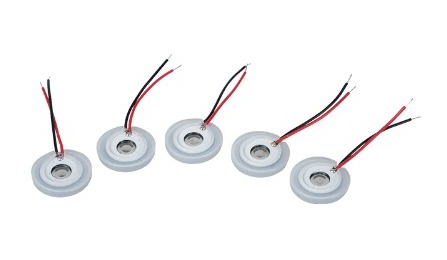
Low noise and improved comfort
Many patients complain that the noise generated by the device affects the treatment experience when using traditional nebulizers. Compared with traditional devices, the working noise of the mesh nebulizer chip is greatly reduced, and almost no uncomfortable sound is produced, which is especially important for children or elderly patients. The low noise feature allows patients to receive treatment in a relatively quiet environment, improving the patient's treatment experience.
Wider application scenarios
Another major advantage of the mesh nebulizer chip is its wide range of application scenarios. In addition to traditional patients with respiratory diseases, mesh nebulizers can also be used in other medical fields, such as airway treatment for patients with new coronary pneumonia or emergency treatment of patients with acute respiratory failure. In addition, due to its convenience and efficiency, the mesh nebulizer chip can also be used for the daily management of patients with chronic diseases, helping patients achieve better self-treatment and management.
Continuous innovation drives industry development
The technology of mesh nebulizer chips is still developing. With the advancement of microelectronics and nanotechnology, future mesh nebulizer chips will be more intelligent and personalized. For example, some devices have begun to introduce connectivity features that enable patients to track treatment processes and drug use through mobile phone applications or remote monitoring systems. Such innovations not only improve the personalization of treatment, but also enhance the ability to remotely manage medical services, further improving overall patient outcomes.
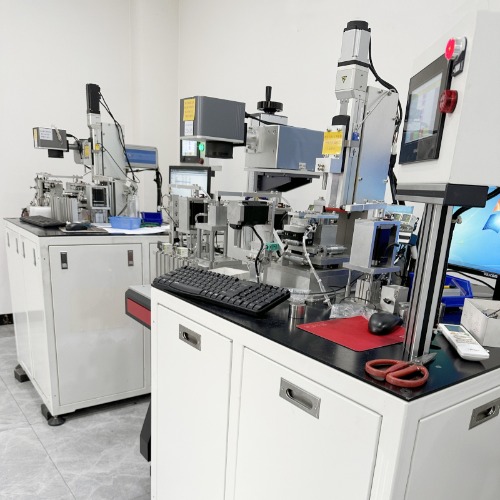



 English
English 中文简体
中文简体





